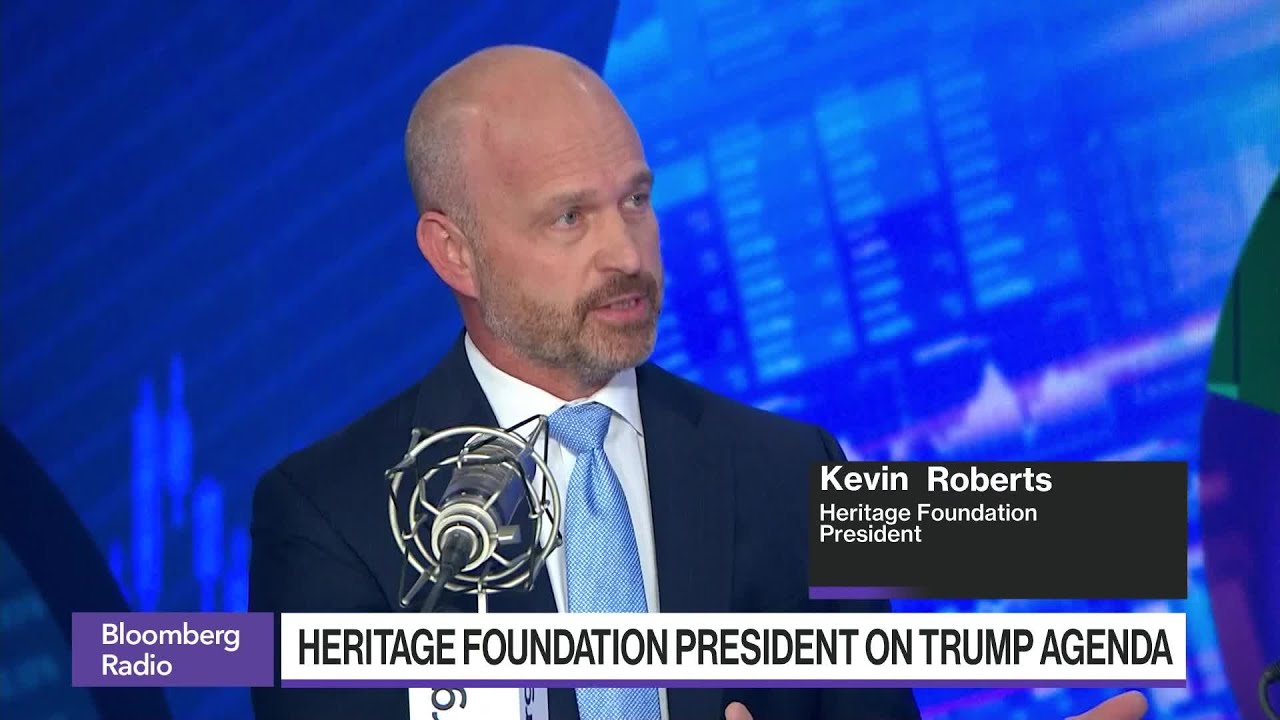Originally by Camaron Stevenson at the coppercourier.com
Like over 3 million retired Americans, Doug Hart visits his local pharmacy in Tempe, Arizona, every month to pick up his blood thinner medication.
And, like his peers—many of which are on a fixed income—Hart longs for the day when paying for life-saving prescriptions doesn’t feel like extortion.
“The pharmaceutical industry charges $6.61 per pill in the United States. That exact same pill in Canada is $1.61 — $5 less per pill. Why? Canada negotiates drug prices,” Hart explained. “We don’t because the pharmaceutical industry says it’s illegal to do so. So they can charge whatever they want.”
Why are drugs so expensive?
The annual price for Eliquis, the blood thinner prescribed to Hart, varies drastically by country: the annual list price is over $7,000 in the US, which is ten times more than in countries with stronger consumer protections for healthcare costs like Canada—$900—and France—$650.
One reason for the price discrepancy is the government’s inability to participate in price negotiations, which results in private companies charging higher prices to reap massive profits.
“For millions of people, they can’t afford the drugs. They often have to ration them,” said Hart. “They have to cut back on food and other things. Most of us have worked all of our lives, contributed to Medicare out of our paychecks all of our lives. But yet, we thought we would have health coverage, and we really don’t have the coverage we need.”
In a change that will benefit Hart and millions of other seniors, those costs are expected to soon go down: when President Joe Biden signed the 2022 Inflation Reduction Act into law, it included a gradual rollout for Medicare price negotiations on ten of the most commonly-prescribed drugs starting in 2026, a policy that is expected to dramatically lower the cost of those drugs. Another 15 drugs will be selected for negotiation and see their prices decrease in 2027, with 15 more following in 2028, and 20 more in 2029 and each year afterwards.
The law also instituted a $2,000 cap on annual out-of-pocket prescription drug costs for seniors on Medicare beginning in 2025.
But another plan for 2025—known simply as Project 2025—would reverse those cost-saving measures, and whoever succeeds Biden will determine whether more consumer protections will be put in place, or whether those that are rolling out will be stopped in their tracks.
Harris and Trump on healthcare costs
While former President Donald Trump has distanced himself from Project 2025, a nearly 1,000-page manual containing hundreds of policy recommendations for a second Trump term, he has voiced approval for much of what it contains. One promise he’s reiterated for years is his plan to repeal the Inflation Reduction Act, a move which would prevent drug price negotiations and remove the $2,000 out-of-pocket cap for Medicare recipients.
In Arizona, the repeal would mean ending cost-saving measures for over 400,000 seniors, and delivering roughly $150 million in additional profits to pharmaceutical companies, according to an analysis by the US House Committee on the Budget. Nationally, The Center for American Progress estimates that those extra profits for private pharmaceutical companies would amount to nearly $8 billion—a bill footed by over 20 million seniors.
Vice President Kamala Harris, the Democratic nominee for president, has long called for reining in prescription drug costs. During her 2019 presidential campaign, Harris outlined a plan to allow the Health and Human Services Department to set maximum drug costs comparable to other countries. Doing so would cut costs across the board: a 2022 study by the healthcare non-profit KFF found that US residents pay more than double what people in other countries pay for medicine.
Local price cap ignored
With the potential repeal of the Inflation Reduction Act looming, Arizona Gov. Katie Hobbs announced in January a plan for the state to cap prescription costs and prevent price mark-ups.
“My proposal will also help safeguard taxpayer dollars by preventing pharmacy benefit managers from overcharging Medicaid through a practice commonly known as spread-pricing,” Hobbs said. “These companies often fill their pockets with taxpayer dollars by charging Medicaid more than they actually pay a pharmacy for a prescription.”
The proposal would have created similar cost-saving measures as the new federal law, and would have acted as a safeguard should that law be repealed. Hobbs worked with Democratic Arizona Sen. Eva Burch to introduce the legislation, but it was ignored in the Republican-controlled Senate.
Read Original Story at The Copper Courier





